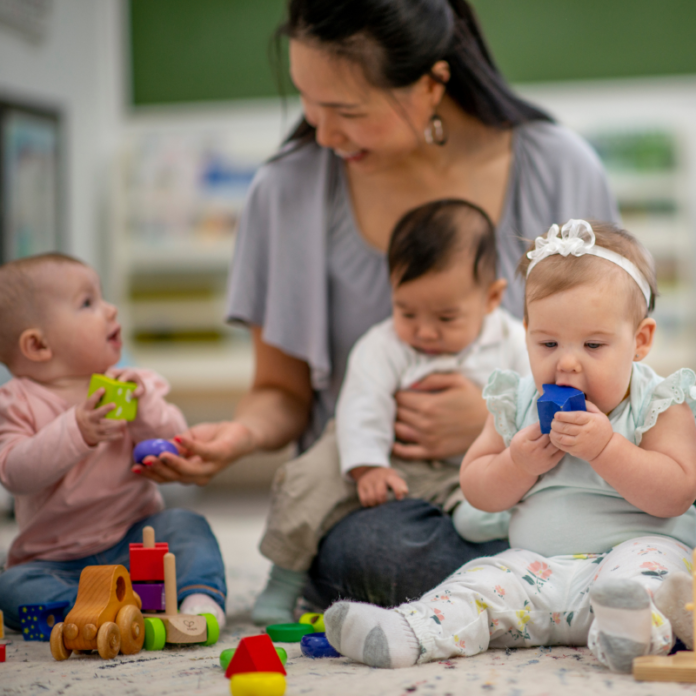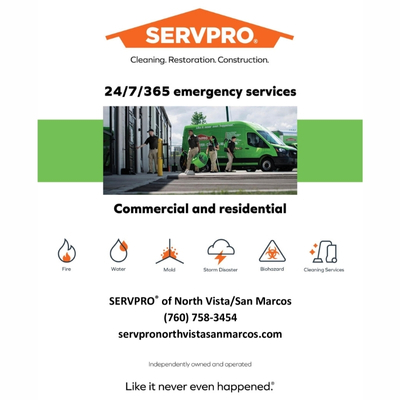By Alan Pentico
Imagine this: You’re a parent who needs to find a safe place for your child while you work. Then you find out a neighbor right in your building operates a family child care. That’s right – pick-up and drop-off are steps away from your own front door.
Sounds dream-come-true convenient, right? That’s one big reason why landlords should support and even encourage tenants who want to provide child care in their apartments. Landlords are already required by law to allow family child care in rental homes of any kind: apartments, townhomes, condominiums and single-family residences. I believe this is not only a mandate, but an opportunity for rental housing providers.
After all, our community is in a child care deficit – and landlords, who are a part of the fabric our community too, can help. Child care is a “sector in crisis” countywide, according to a 2022 study by the University of San Diego and the San Diego Foundation. More than 360 child care centers and family child care homes have closed since the pandemic, and there are no available licensed childcare options for 48% of children ages 0 to 5 whose parents work. While child care is a countywide challenge, some areas were notable for the gap between supply and demand.
Some of the most difficult places to find child care for kids ages zero to 5 included the North County areas of Escondido, Oceanside and Carlsbad, according to the study. For infants and toddlers, the toughest areas to find childcare included Encinitas and Rancho Peñasquitos.
Landlords may have some concerns about having a child care on the property, such as traffic or noise – but again, this use is allowed by law. And there are many benefits to keep in mind. First, child care is a steady job. Everyone wins here – the tenant has a reliable source of income and the landlord can be more sure of receiving rent. Having a family child care provider on site is a major benefit for other tenants with children. For working parents, having access to quality childcare within their own residential complex is a source of great comfort and convenience.
There’s also a safety bonus. The child care provider – plus any employees – are extra eyes and ears keeping watch on the property. With kids around, everyone is paying more attention.
Now, if you’re a renter thinking about starting a child care in your home, there are a few things to do. Understanding the legal framework is crucial for both tenants and landlords. Under the California Health & Safety Code, small family child care facilities are not considered a “business use of property,” and so they would be protected under any leases or rental agreements that prohibit operating a business out of a rental home. Tenants wishing to open a family child care must follow specific procedures, such as obtaining a state license and providing 30 days’ written notice to the property owner or manager.
As always, it’s important to be a good neighbor. The same rules that apply to other residents apply to child-care providers. For example, control excessive noise or activities that could damage the property.
Landlords, for their part, cannot discriminate against tenants operating daycares but may require a higher security deposit within the limits set by state law. Additionally, childcare operators must either obtain liability insurance, secure a bond, or obtain waivers from parents acknowledging the lack of such coverage.
A family child care facility can foster a more vibrant, supportive, and safe living environment for all residents. It’s reliable income for the tenant and the landlord, it makes the building safer, and it helps parents who live there.
Family child care makes our community stronger – and that alone is a great reason to embrace it in our buildings and communities.
Alan Pentico, CAE, is the Executive Director of the Southern California Rental Housing Association


















